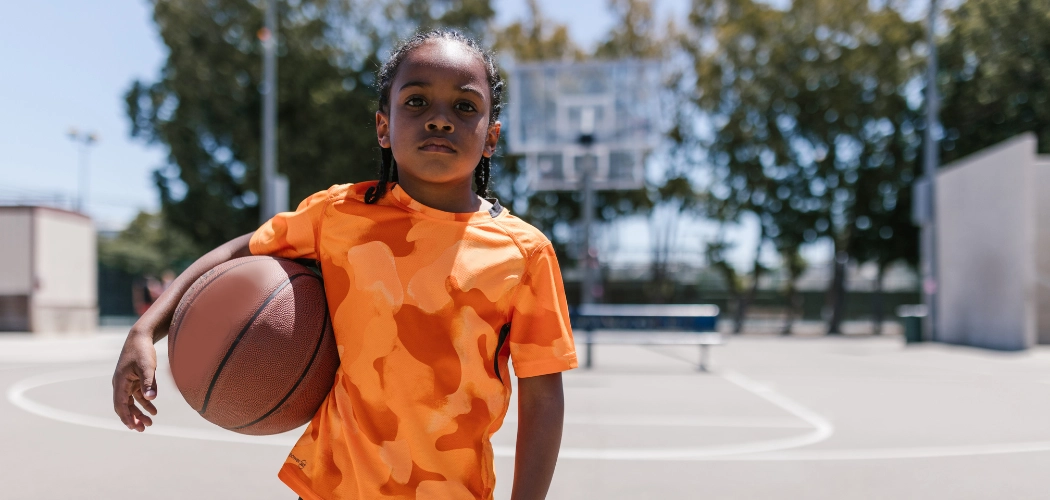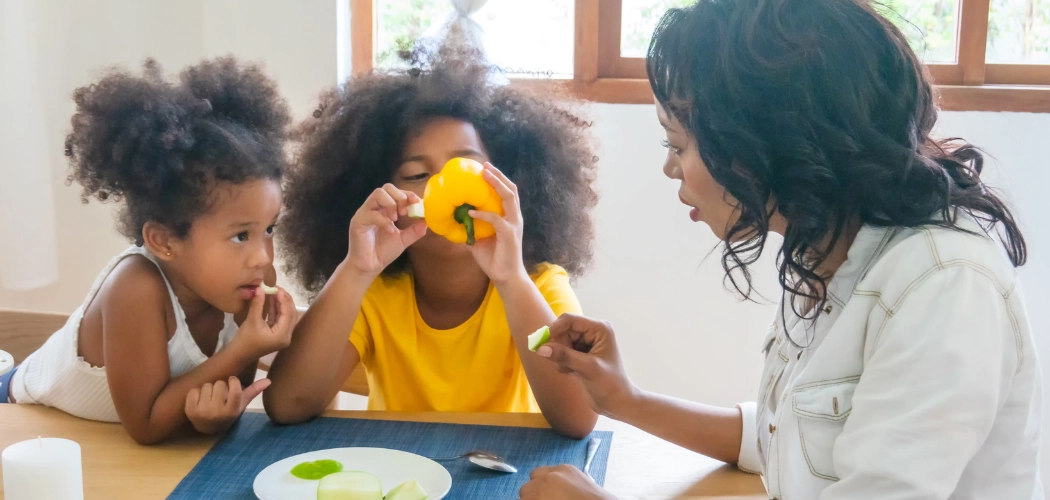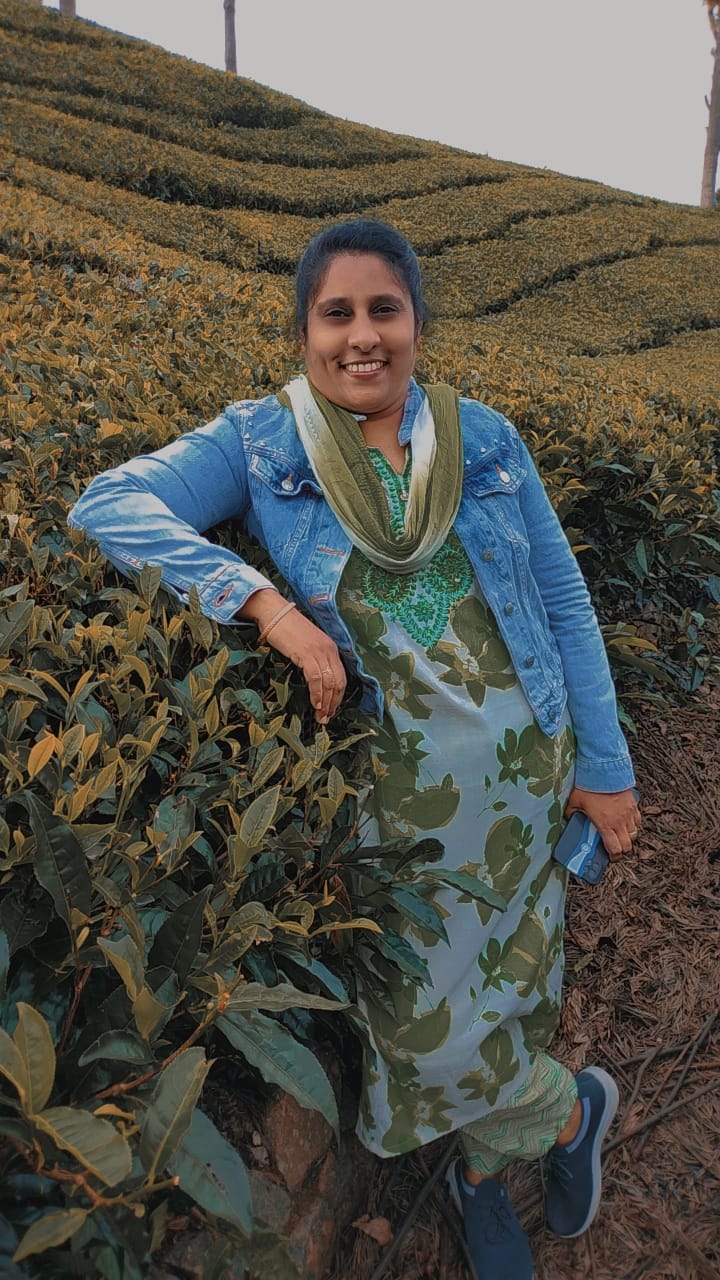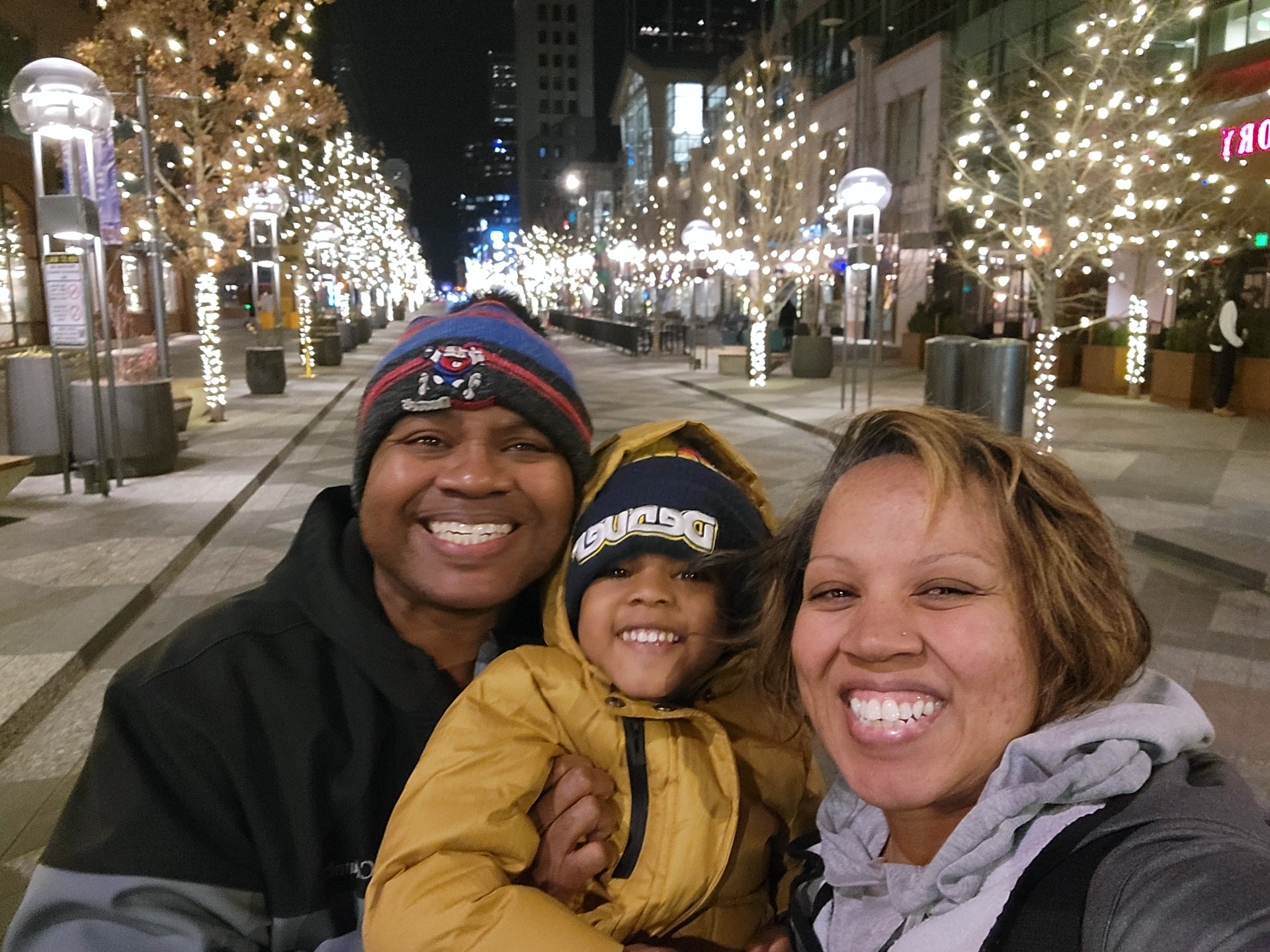I was nine years old when I tried to starve away my curves.
I tried to starve away the parts of me that made me a woman, because maybe then I wouldn’t miss it, this need to feel loved by somebody.
I grew up a minister’s daughter and was told vanity was a sin when I asked if I was beautiful. Mum didn’t let us play with Barbies, or look at fashion magazines or take dance lessons because she was scared I would get an eating disorder. And so I did, anyway, because that’s what a person does when she no longer understands her role on earth. She tries to starve away the curves, until there’s nothing left.
We were told to cover ourselves, to not let any skin show, and I wondered what was so bad about my skin? And when I finally got undressed for my husband on our wedding night I was too scared to let him in.
And even as I became a wife and mother, I was afraid of the f-word: Femininity. I was scared to know what it really meant — with all of its potential power and biblical responsibility. With all of its multi-tasking and nurturing and wisdom and pink lipstick. With all of its curves. I wanted to unveil the true meaning of the word.
As Elisabeth Elliot says,
“We are women, and my plea is — let me be a woman.”
Apart from all of the gender and theological debates, what does it mean to be this unique creature who weaves humanity in her abdomen and nurses infants through her breasts and speaks life with her eyes, her mouth, her hands? What does it mean to be this in today’s world? And why does it feel so lonely?
I was walking down the stairs, one night at midnight. My sons were asleep and my husband was reading in bed. And I had been tidying up because I hate to wake to a messy house. I took that final step from the stairs to the floor — and I stepped straight into Love. Like it had been waiting there for me, the whole time, I just stood there, feeling it. Love.
I was scared to move should it fly away. And I saw myself, then as a passionate, scatter-brained 33-year-old woman who loves the world deeply and laughs loudly and needs alone time. Who gets paint on the kitchen table when she’s making art, who would rather write than do housework, who has tattoos, who cries when her sons refuse to listen to her.
I adored her. I adored this girl and I suddenly knew who I was as a woman, right in the middle of that sacred moment surrounded by LEGOs and train tracks. I was loved.
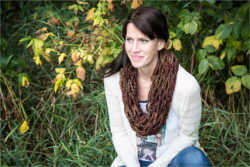
Emily T. Wierenga is an award-winning journalist, blogger, commissioned artist and columnist, as well as the author of five books including the memoirAtlas Girl: Finding Home in the Last Place I Thought to Look (Baker Books). She lives in Alberta, Canada with her husband and two sons. For more info, please visit emilywierenga.com. Find her on Twitter or Facebook.

